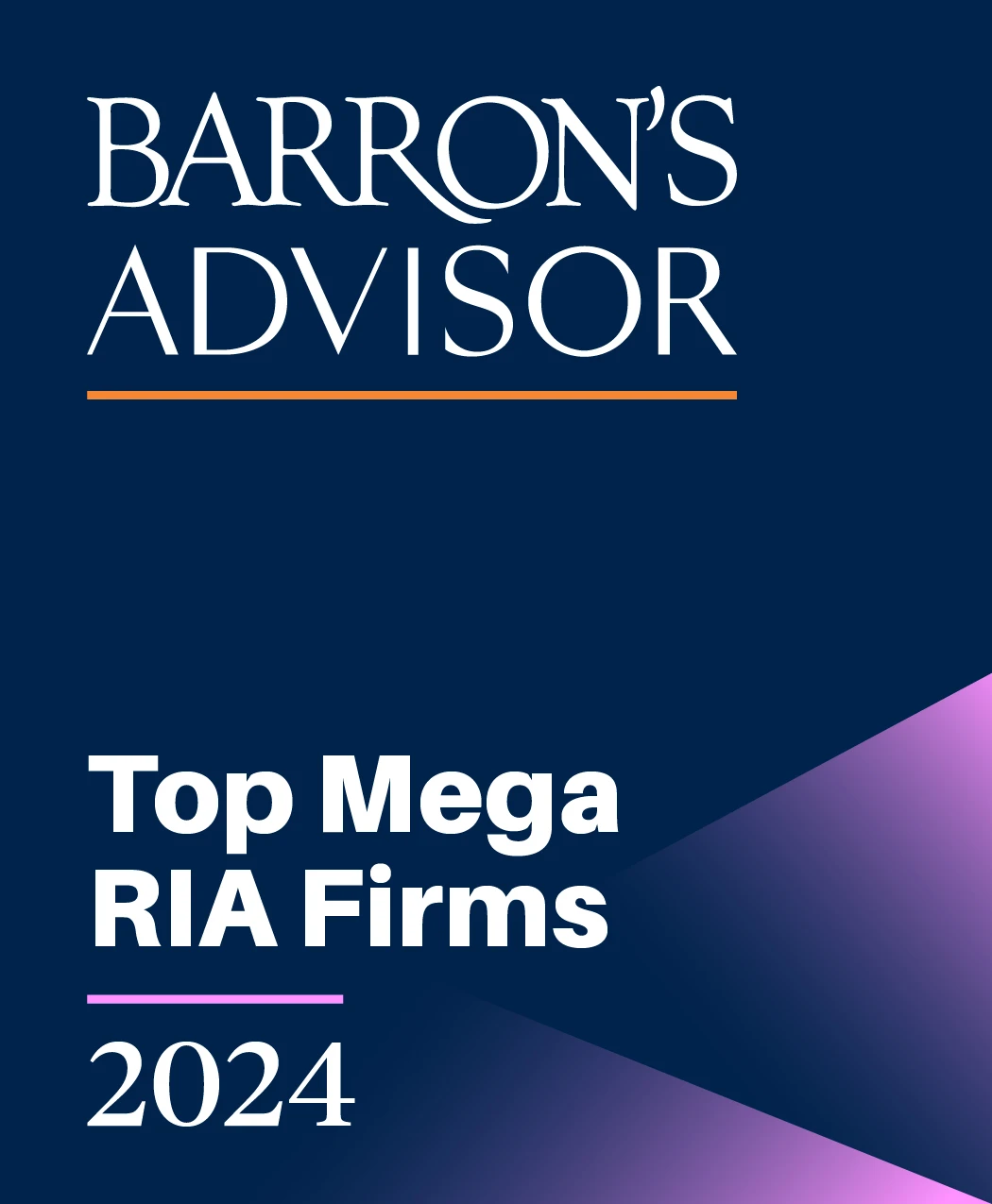Upticks: Investing Boom, Cash Traps, and Backdoor Roths
By Jake Falcon on July 18, 2024
This week on Upticks, join Jake and Cory as they discuss an investor boom, diving into the details of private placements as well as backdoor Roth tactics.
What is a ‘cash trap’? How do I vet out the financials of a retirement community? How can I lower car insurance costs? All this and more!
Thank you for joining us this week! If you have a topic that you would like Jake and Cory to discuss or debate live on Upticks, please email it directly to me at luke@falconwealthadvisors.com and I’ll be sure to ask them to bring it up on the show!
Read a summary of the conversation below:
Personal Updates
In this episode of Upticks, Jake and Cory begin by catching up on personal updates. Cory is about to return to the office after spending time with his newborn, Daisy. Adjusting to fatherhood has been transformative for Cory, but he’s managing well and looks forward to rejoining the team. Jake shares his recent golf experiences, including an impressive eagle at Mission Hills but a disappointing performance at a Falcon Wealth Advisors Tour tournament. They also discuss their excitement for the upcoming Olympics, with Jake particularly enthusiastic about golf events.
Why We Believe Clients Work with Us
Jake and Cory delve into potential reasons clients choose Falcon Wealth Advisors. Jake identifies two primary motivations: individuals facing significant financial decisions without an advisor and those dissatisfied with their current advisor’s service or investment performance. Cory adds a third category, highlighting those who realize they lack the time, skills, or comfort to manage their finances alone. They emphasize Falcon Wealth Advisors’ ensemble team approach, helping ensure that all aspects of financial planning, from tax planning to investment management, are handled collaboratively. This segment underscores their commitment to providing personalized service to clients.
The Investing Boom That’s Squeezing Some People Dry
Jake and Cory discuss the recent trend of alternative investments, noting the appeal and potential risks associated with them. These investments, often illiquid and complex, can trap investors with liquidity issues, hidden fees, and uncertain returns. Jake criticizes these as profit-making schemes for Wall Street, advising listeners to scrutinize the liquidity and fees of such investments. Cory shares his perspective from his role at Falcon Wealth Advisors and his experience on an investment committee, stressing the importance of understanding the risks and time horizons involved. They conclude that while alternative investments can be enticing, they require careful consideration and scrutiny.
Americans Chasing High Interest Rates Risk Falling Into a ‘Cash Trap’
The discussion shifts to the potential pitfalls of hoarding cash in high-interest accounts. With over $6 trillion moved into money market funds since the Fed began raising rates, Jake and Cory caution against the long-term opportunity costs and tax implications of this strategy. They argue for a balanced approach, where cash is reserved for short-term needs and not hoarded as part of a long-term financial plan. Cory emphasizes the difficulty of timing market entries and exits, advocating instead for a well-structured financial plan. They highlight the importance of regular reviews and adjustments to avoid the pitfalls of chasing high interest rates and falling into a ‘cash trap.’
How to Vet the Financials of a Continuing-Care Retirement Community:
Selecting a continuing-care retirement community (CCRC) requires thorough financial vetting to ensure long-term stability. Key steps include reviewing the community’s annual financial reports, typically available on their website or by request. It’s essential to check state insurance regulators for required financial disclosures, highlighting any potential debt concerns. Key metrics to assess are days cash on hand, with a well-run CCRC having at least 120 days (200 is preferred), and operating income, aiming for revenue within 5-10% of expenses. Additionally, unrestricted cash for debt repayment is crucial, with a minimum cash-over-debt ratio of 0.4. Prospective residents should also investigate occupancy rates and future upgrade plans to ensure the community’s viability and growth.
Source: Wall Street Journal (as of 7/17/2024) https://www.wsj.com/personal-finance/retirement/financials-continuing-care-retirement-community-5e0fe954?mod=djem_WealthJournal
Fed Up with Their Car-Insurance Bills, Drivers Shift Gears:
Rising car insurance costs have driven 50% of U.S. auto insurance customers to shop around, up from 41% in previous years. The average annual cost of full coverage increased by 12% to nearly $2,300, following a 7% rise the previous year. In response, drivers are exploring several strategies to manage costs: consulting independent brokers, raising deductibles, opting for pay-per-mile plans (which track mileage and driving habits), and purchasing less expensive vehicles to lower insurance premiums. These adjustments reflect the growing burden of car insurance on household budgets, prompting many to reassess their policies and providers. As insurance rates climb, these proactive measures help mitigate the financial impact.
Source: Wall Street Journal (as of 7/17/2024) https://www.wsj.com/personal-finance/fed-up-with-their-car-insurance-bills-drivers-shift-gears-0aa770fb?mod=retirement_trendingnow_article_pos1
Related Episode: https://youtu.be/C20kIVVroXQ
A Backdoor Roth and 2 More Ways to Save on Taxes:
For those with incomes too high for direct Roth IRA contributions, a backdoor Roth IRA provides a viable alternative. This involves contributing after-tax dollars to a traditional IRA and then converting it to a Roth IRA. Small business owners, doctors, and lawyers might benefit from this, allowing higher retirement contributions than typical 401(k)s. With the Tax Cuts and Jobs Act set to expire in 2025, now is the time for strategic tax planning. Utilizing current tax advantages and preparing for potential changes can optimize long-term financial health. Each individual’s circumstances vary, so consulting a financial planner is essential to tailor strategies effectively. Please note it is always encouraged to meet with your tax professional.
Thank you for tuning in, we hope you have a great week!

